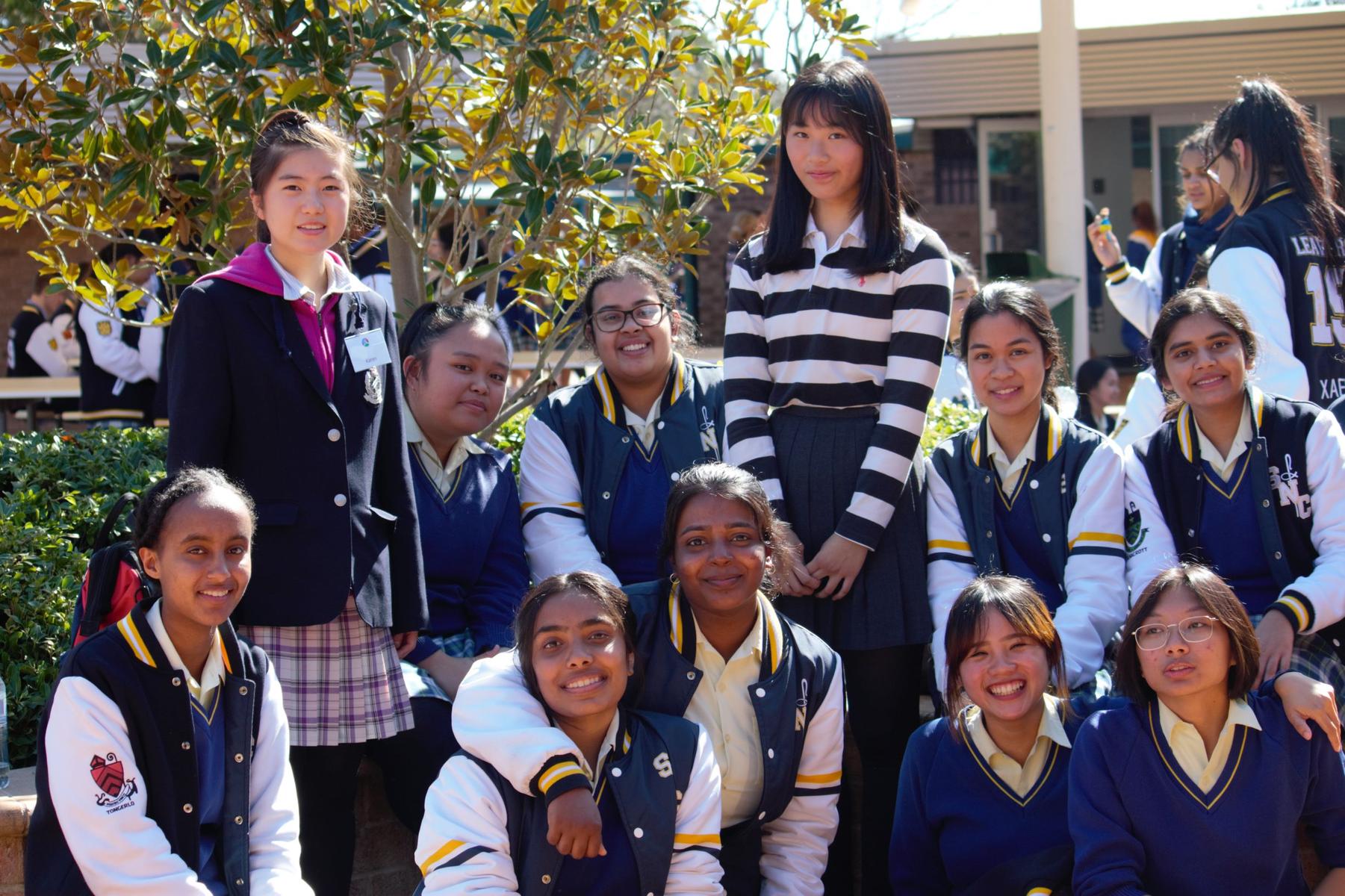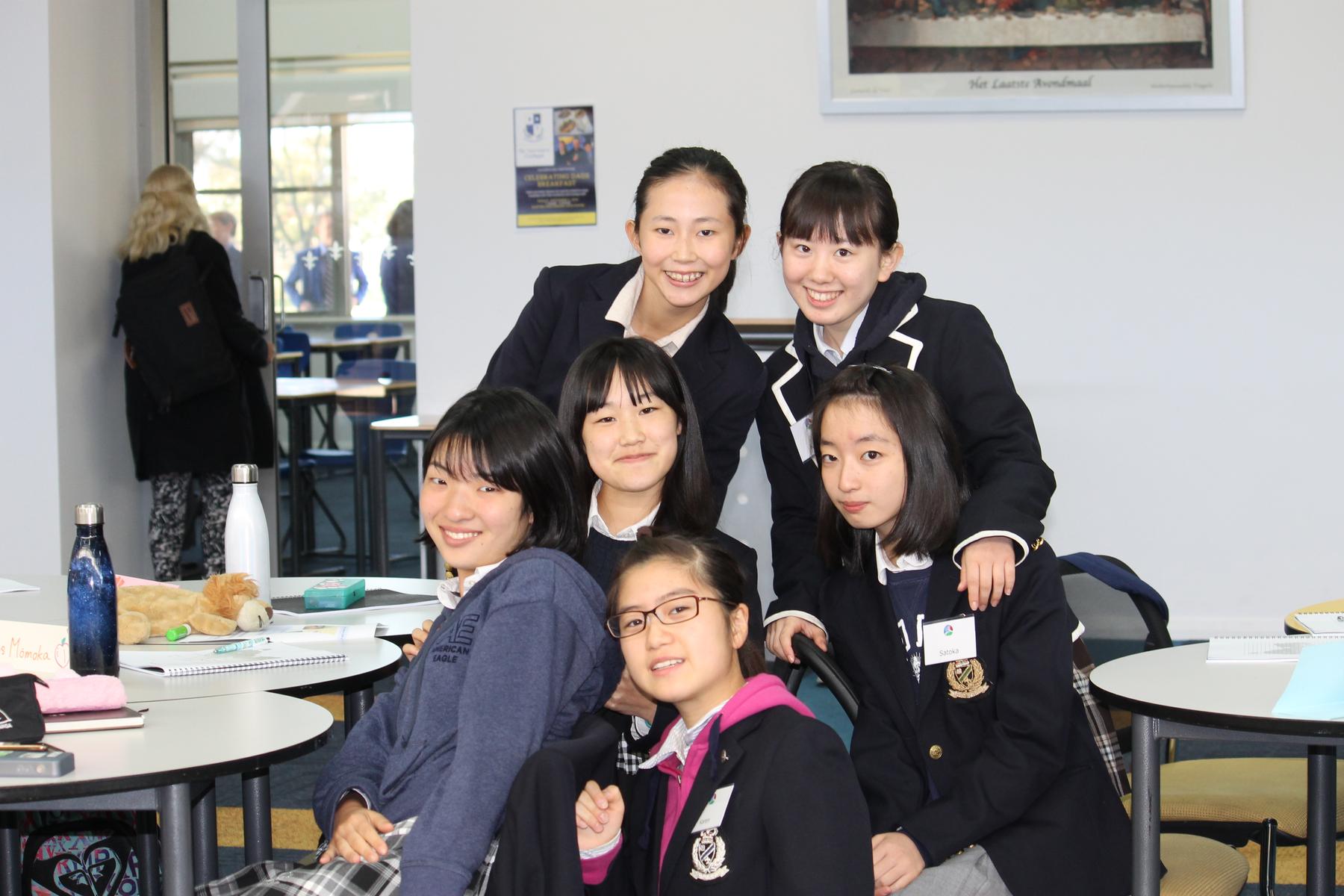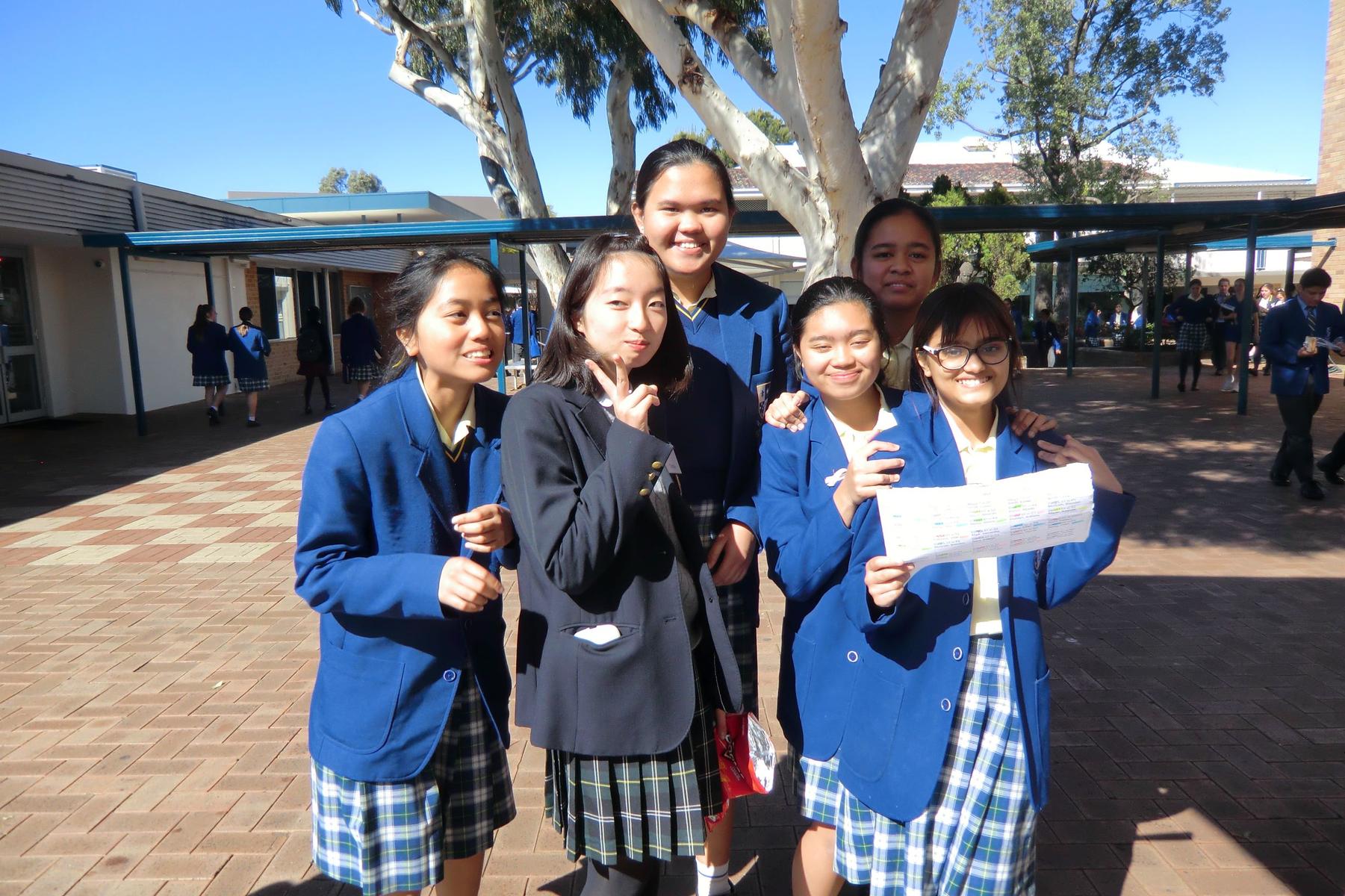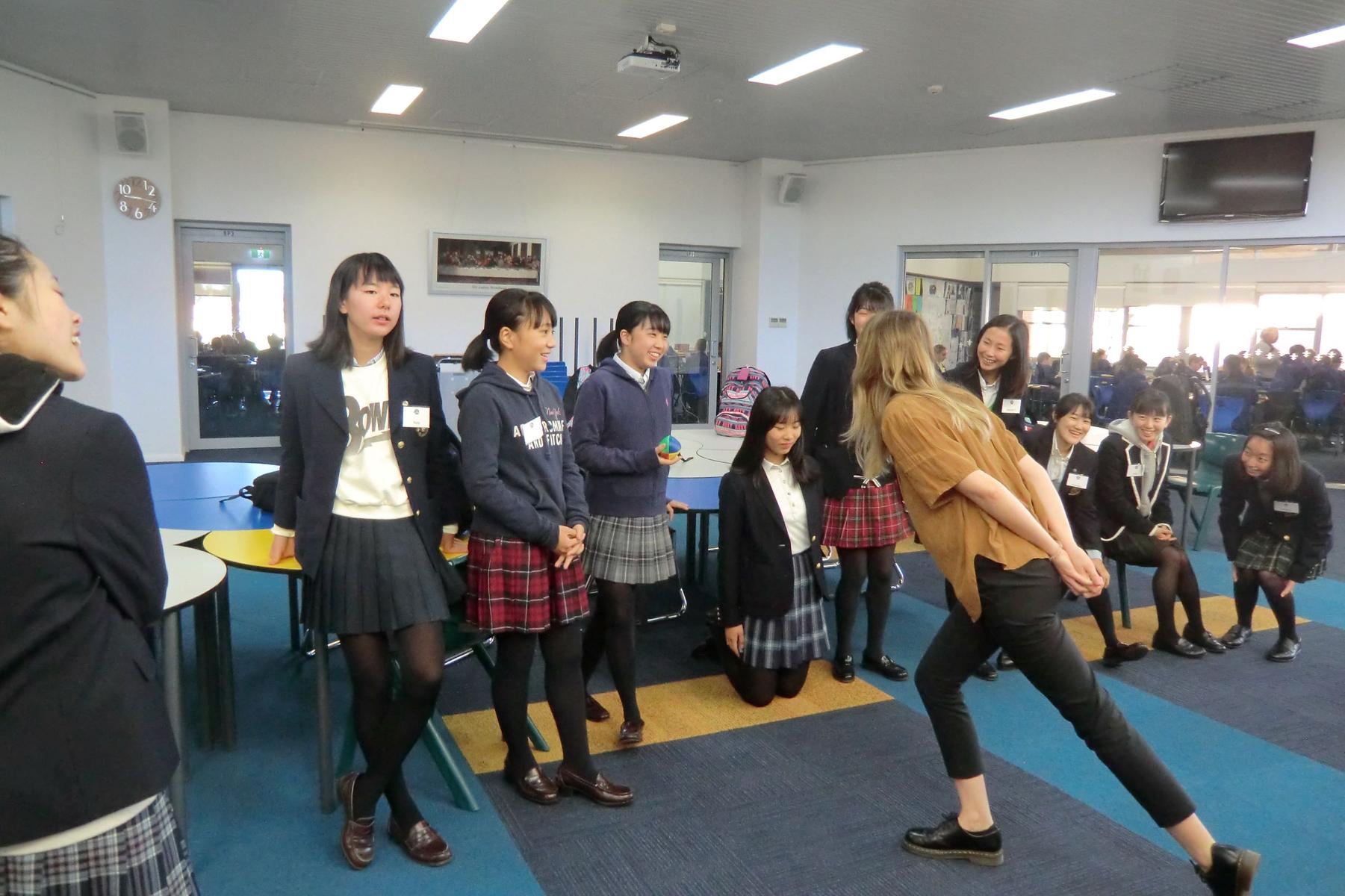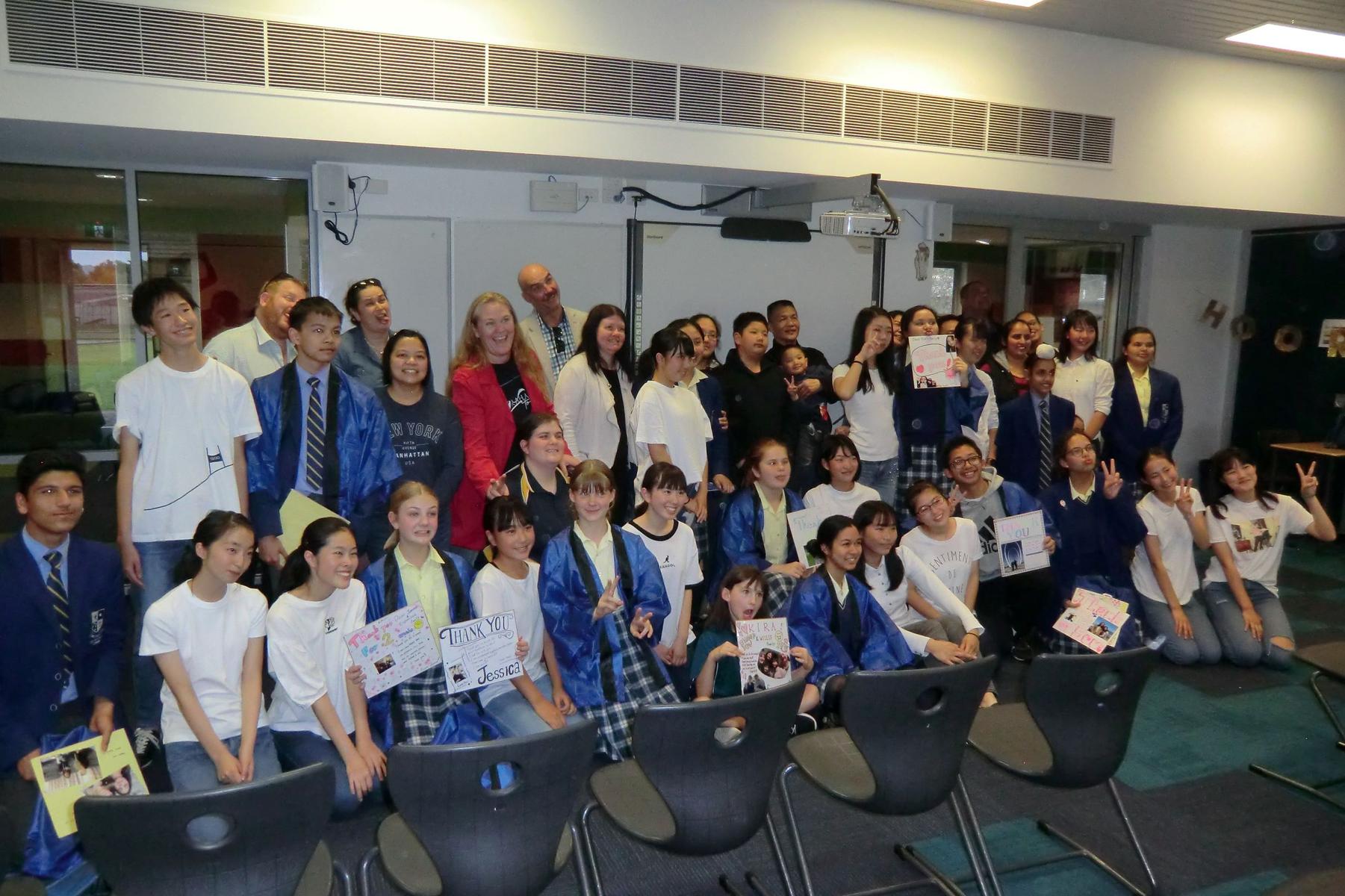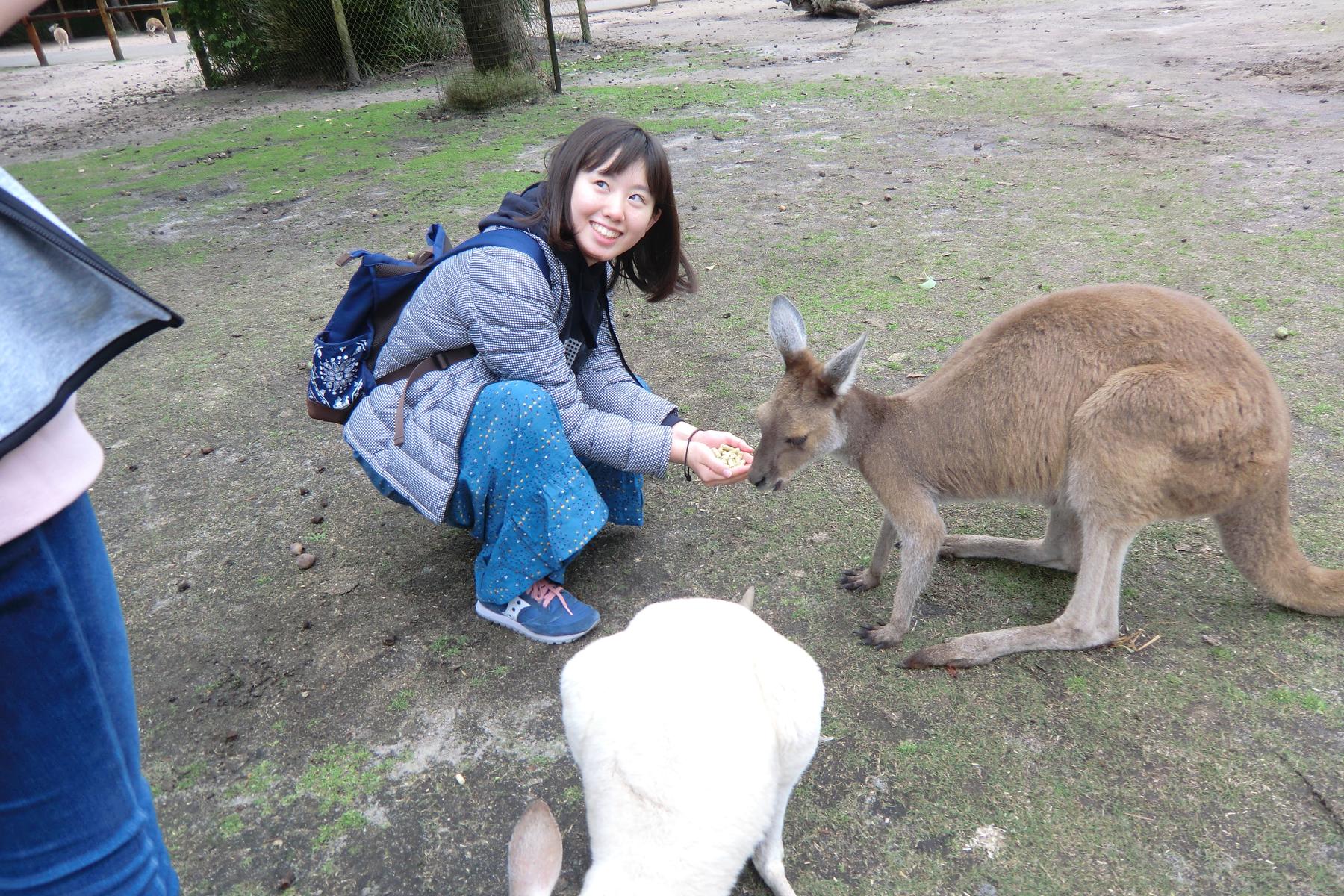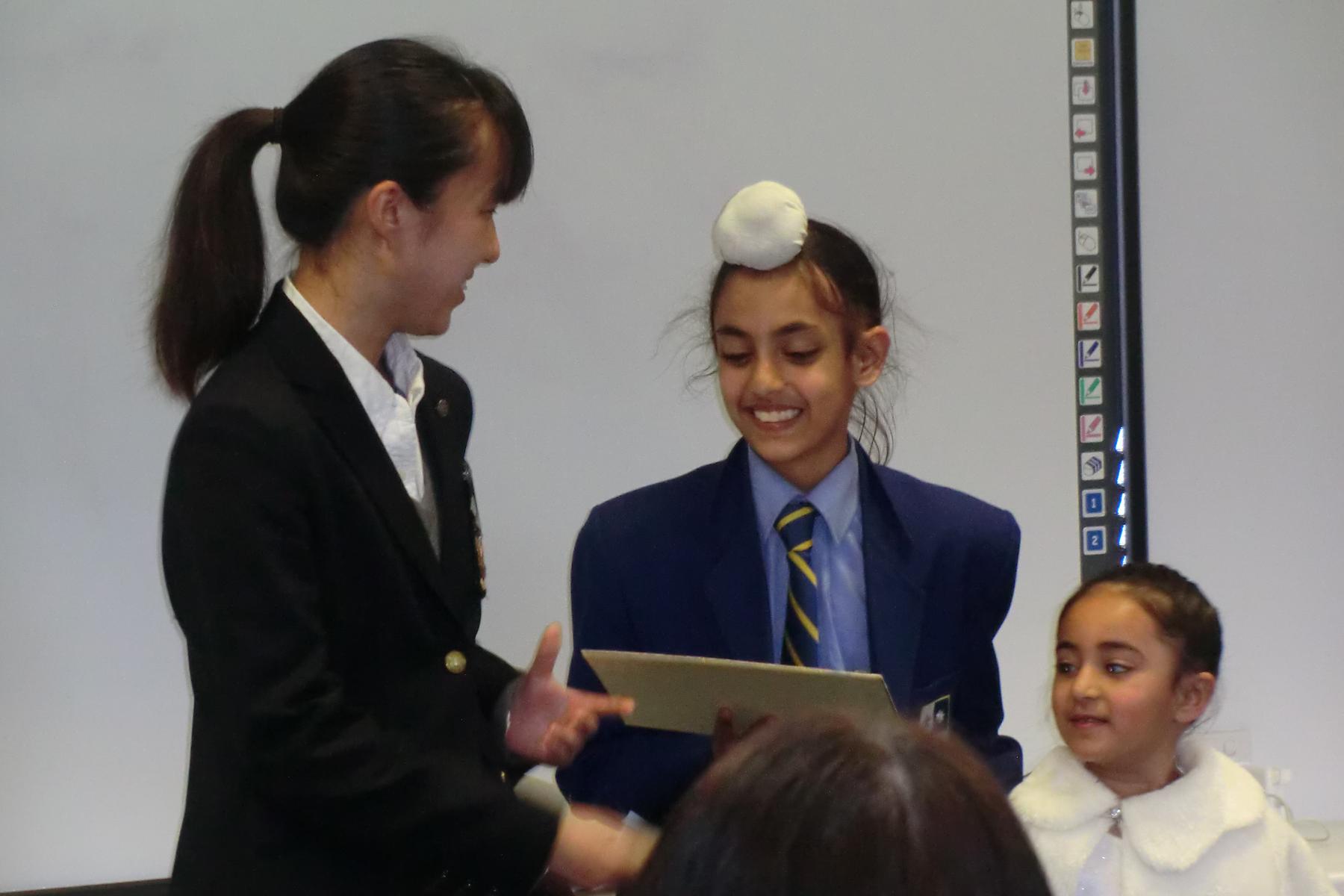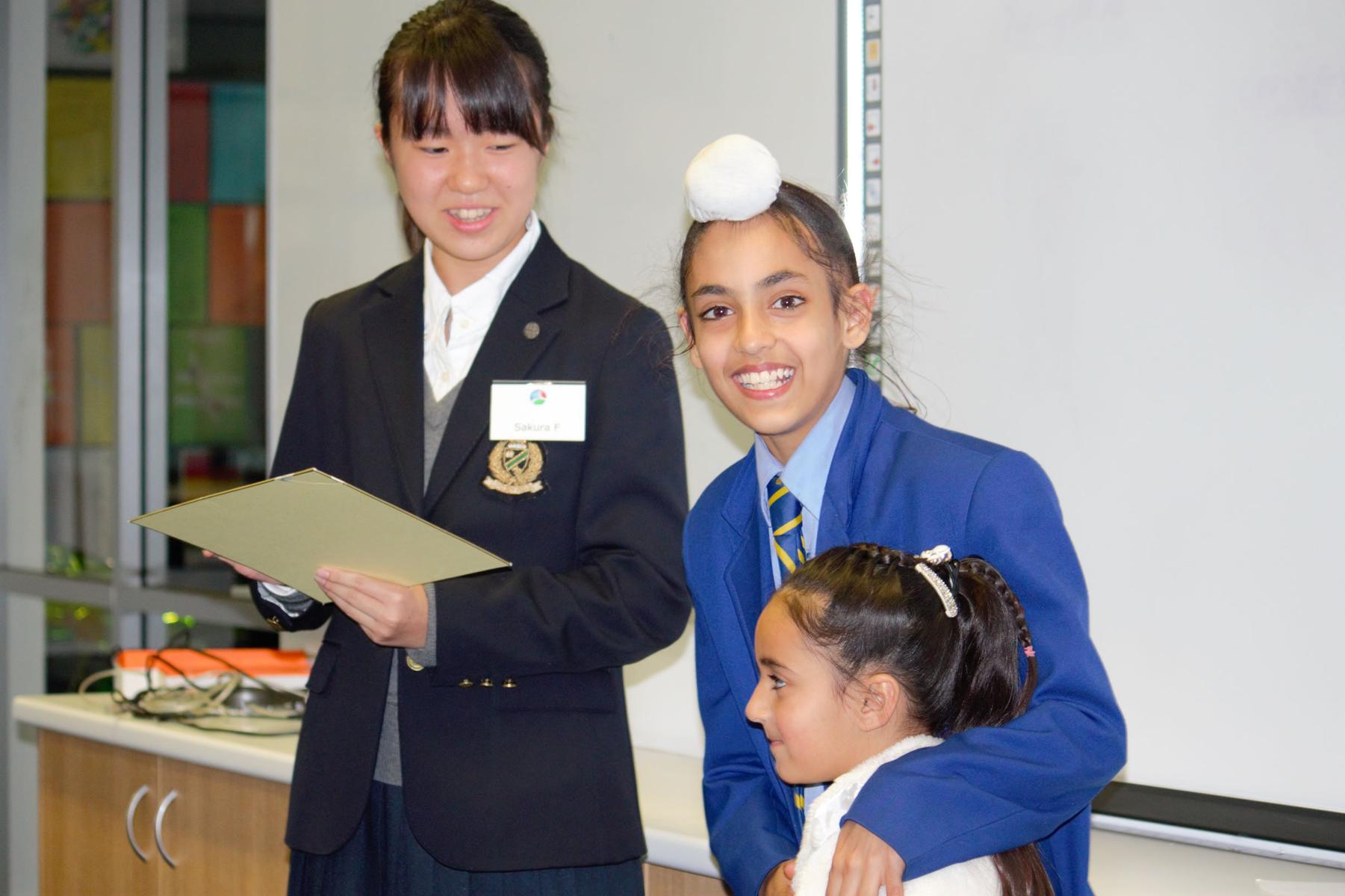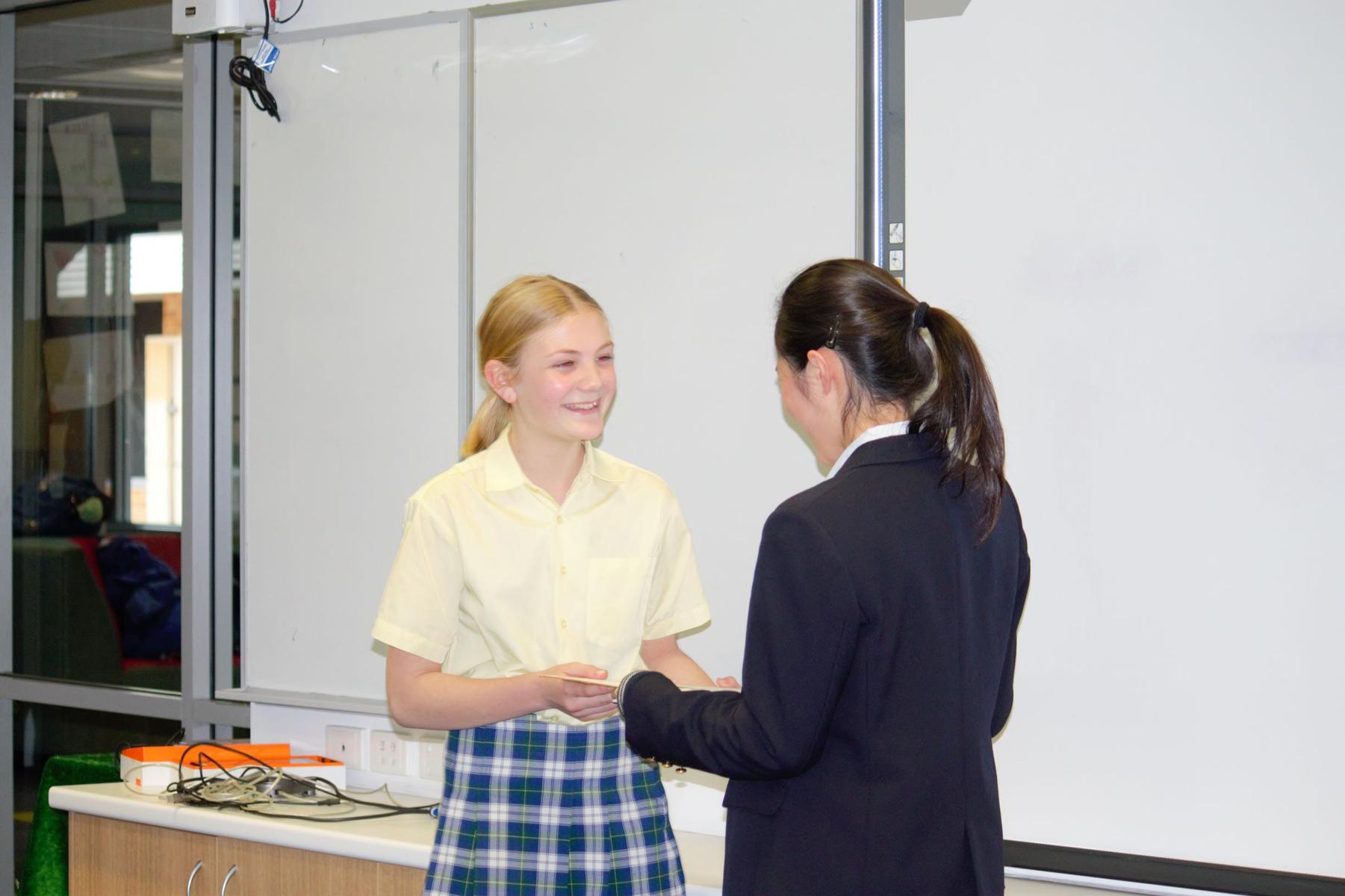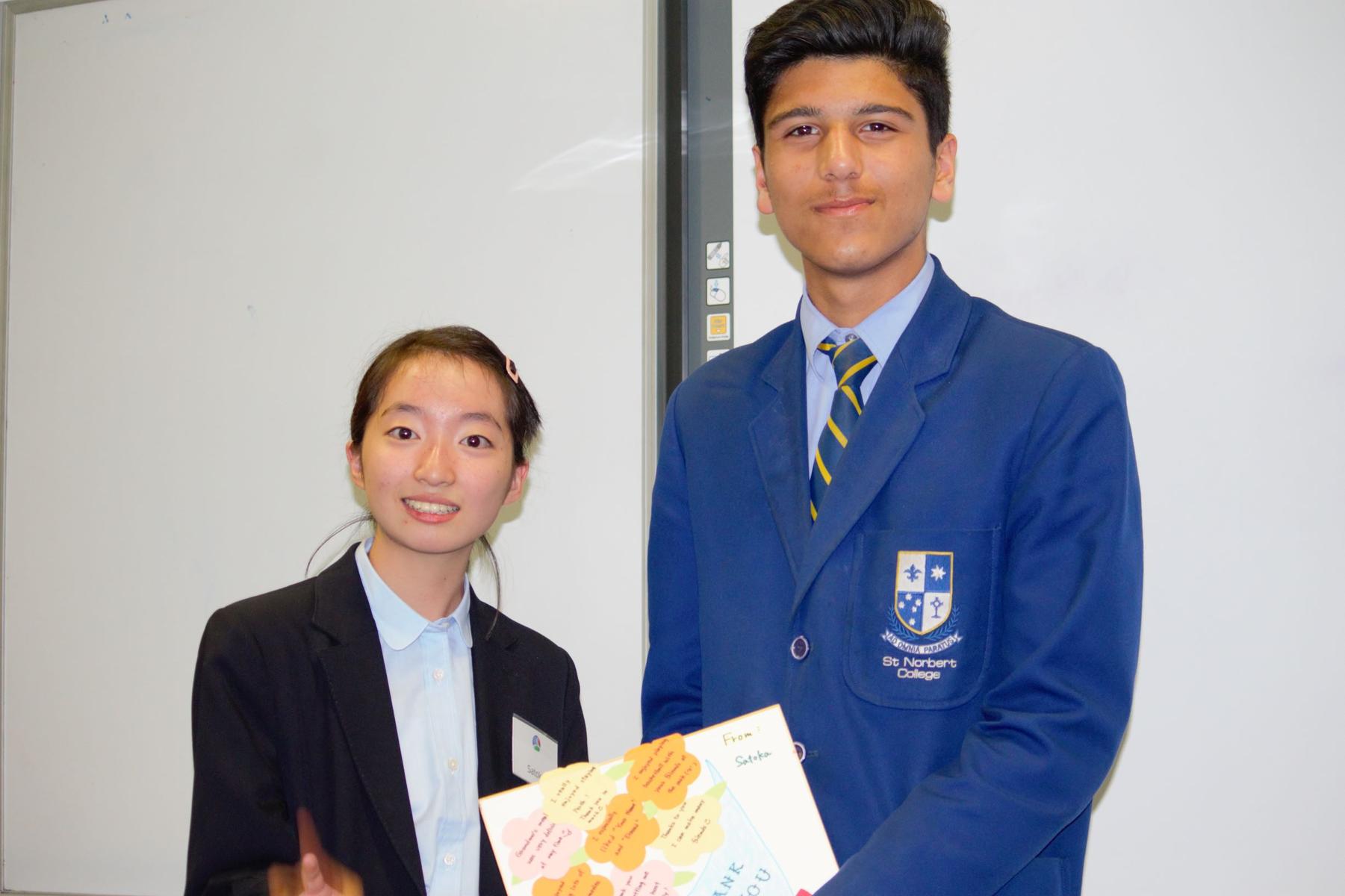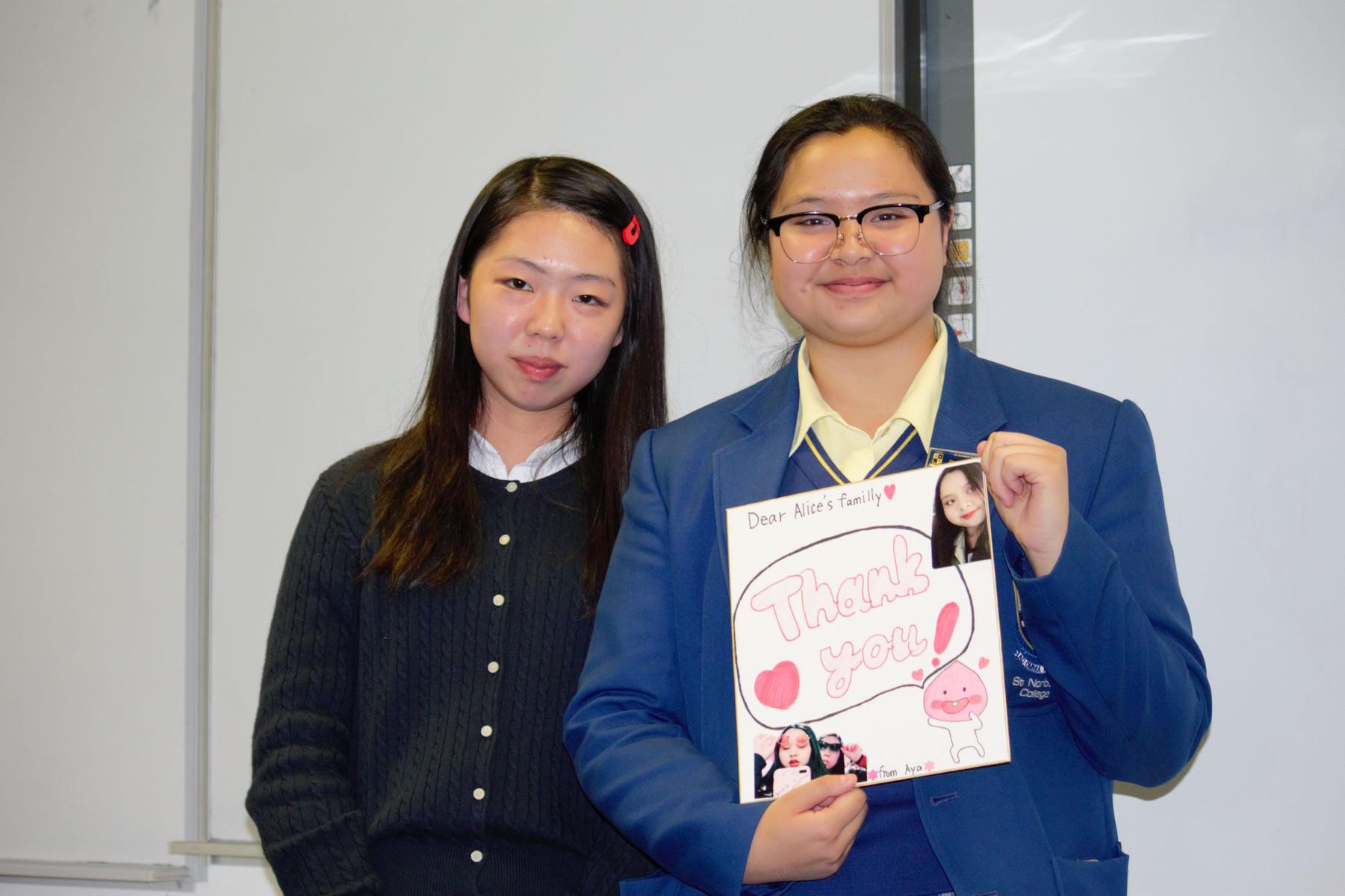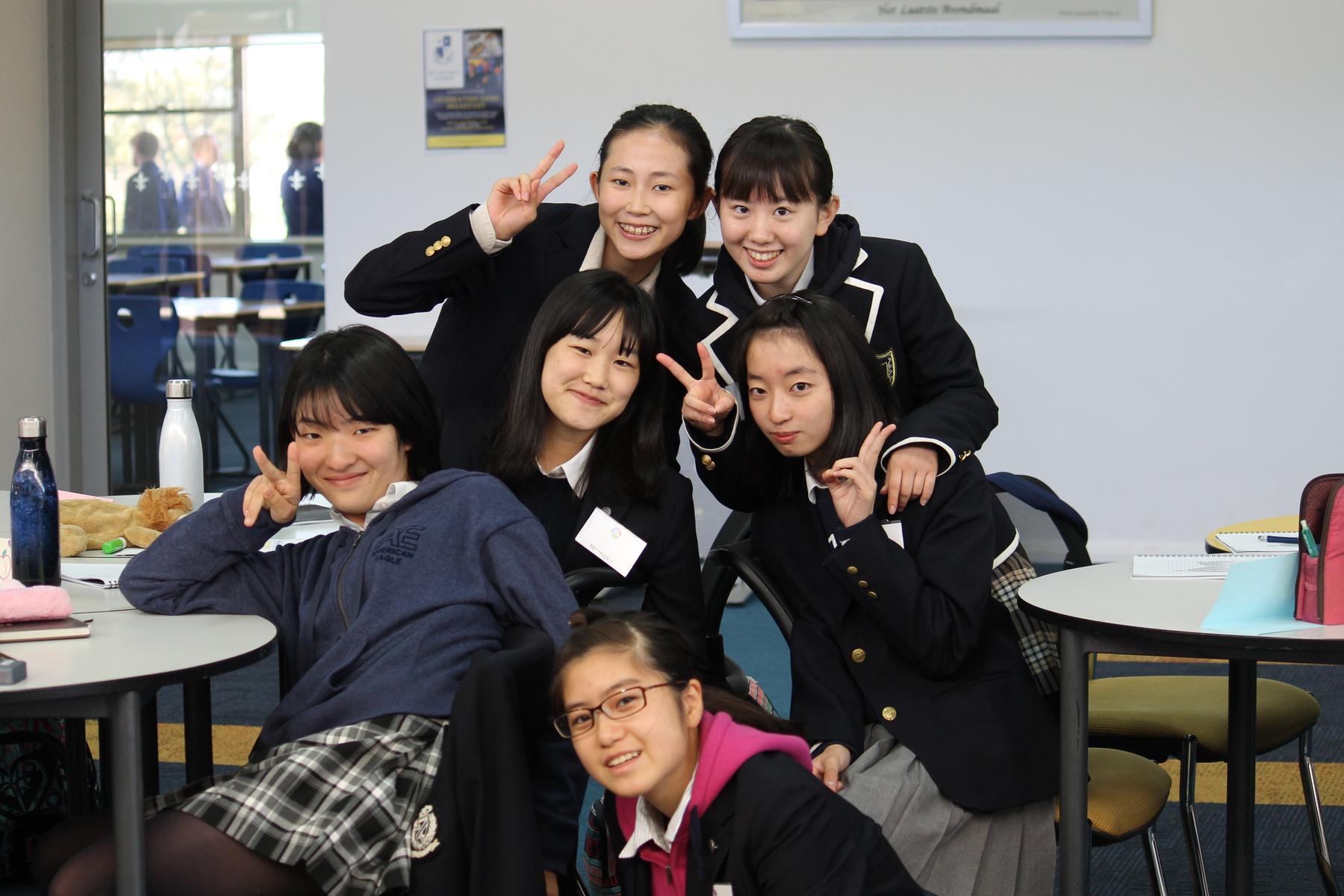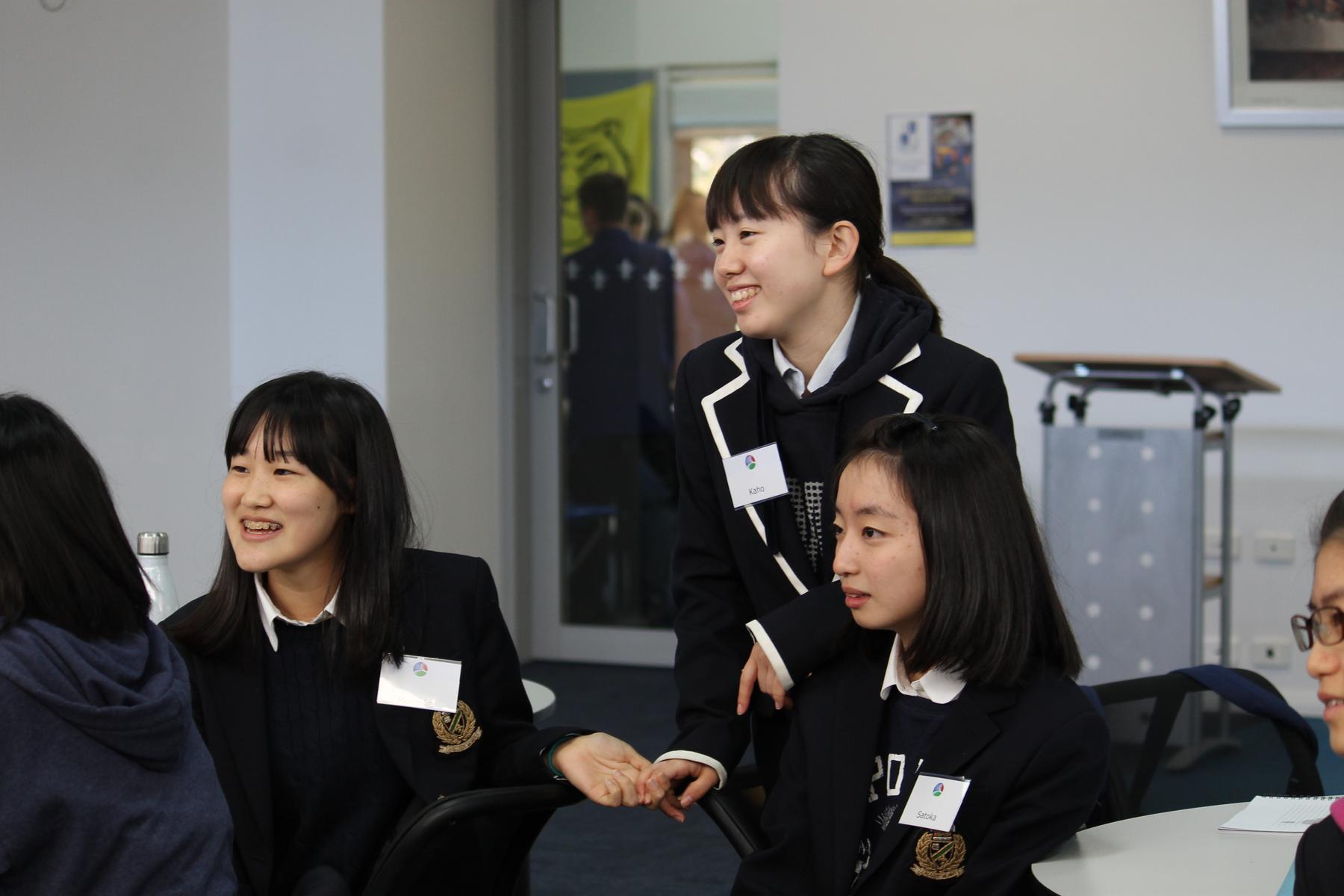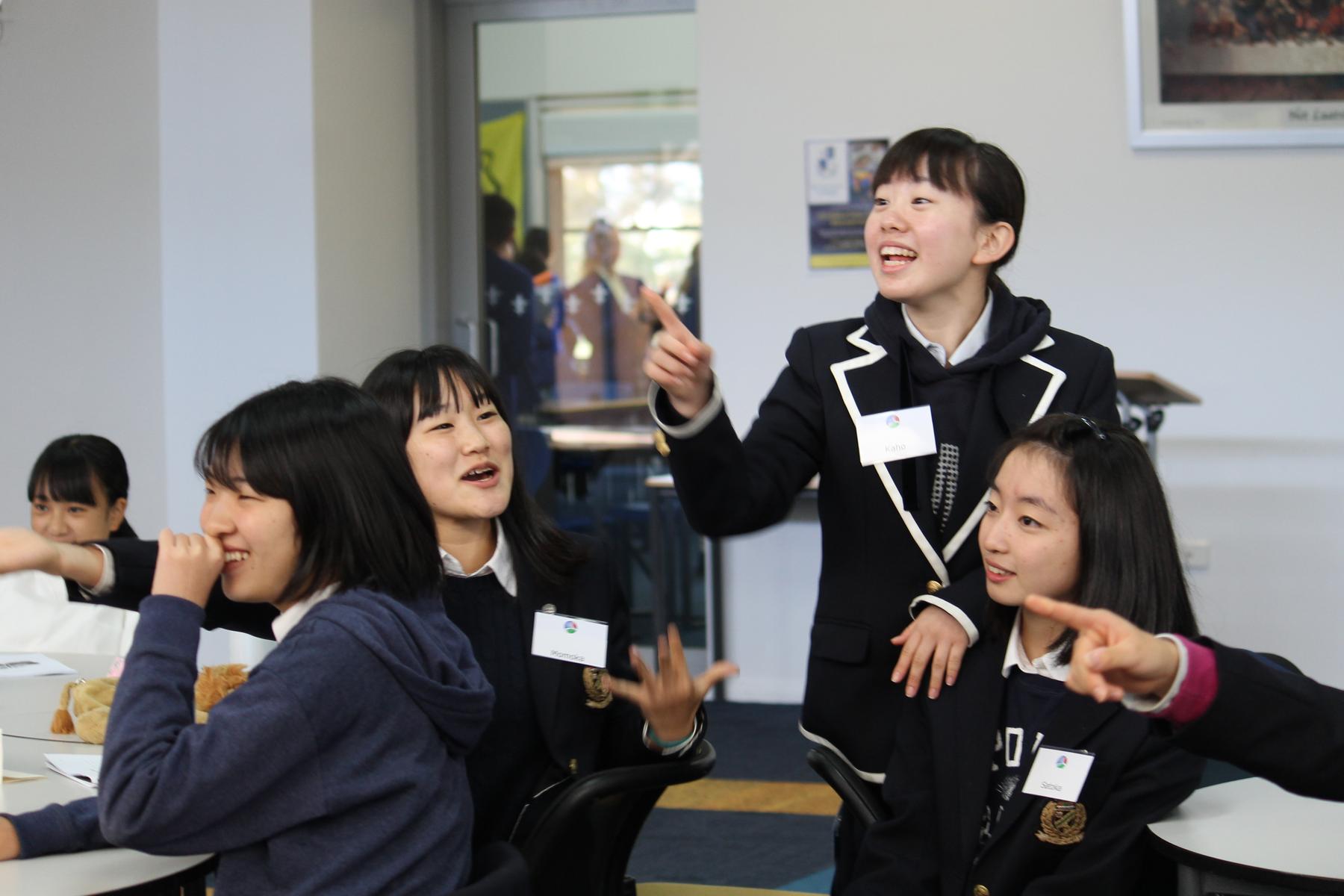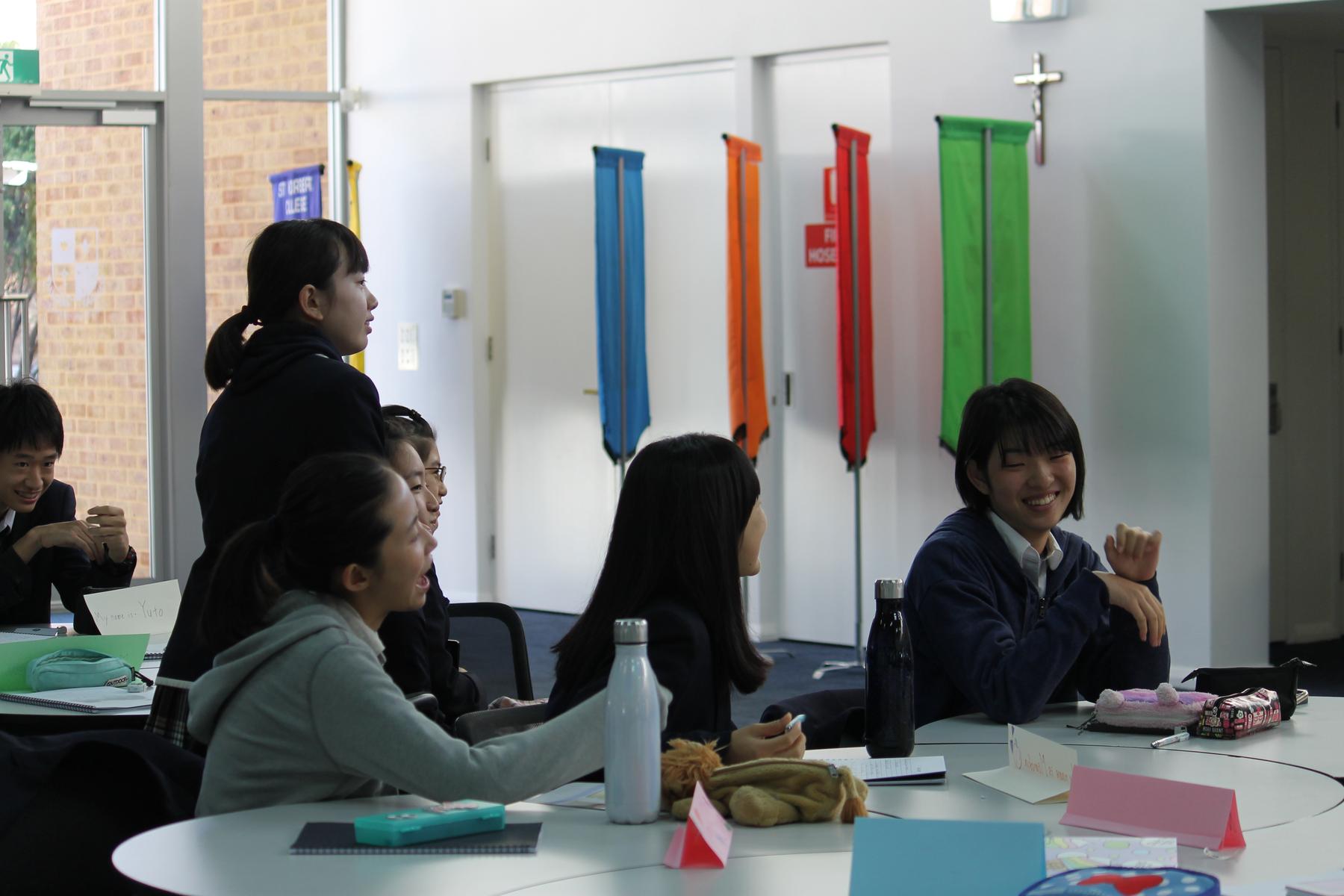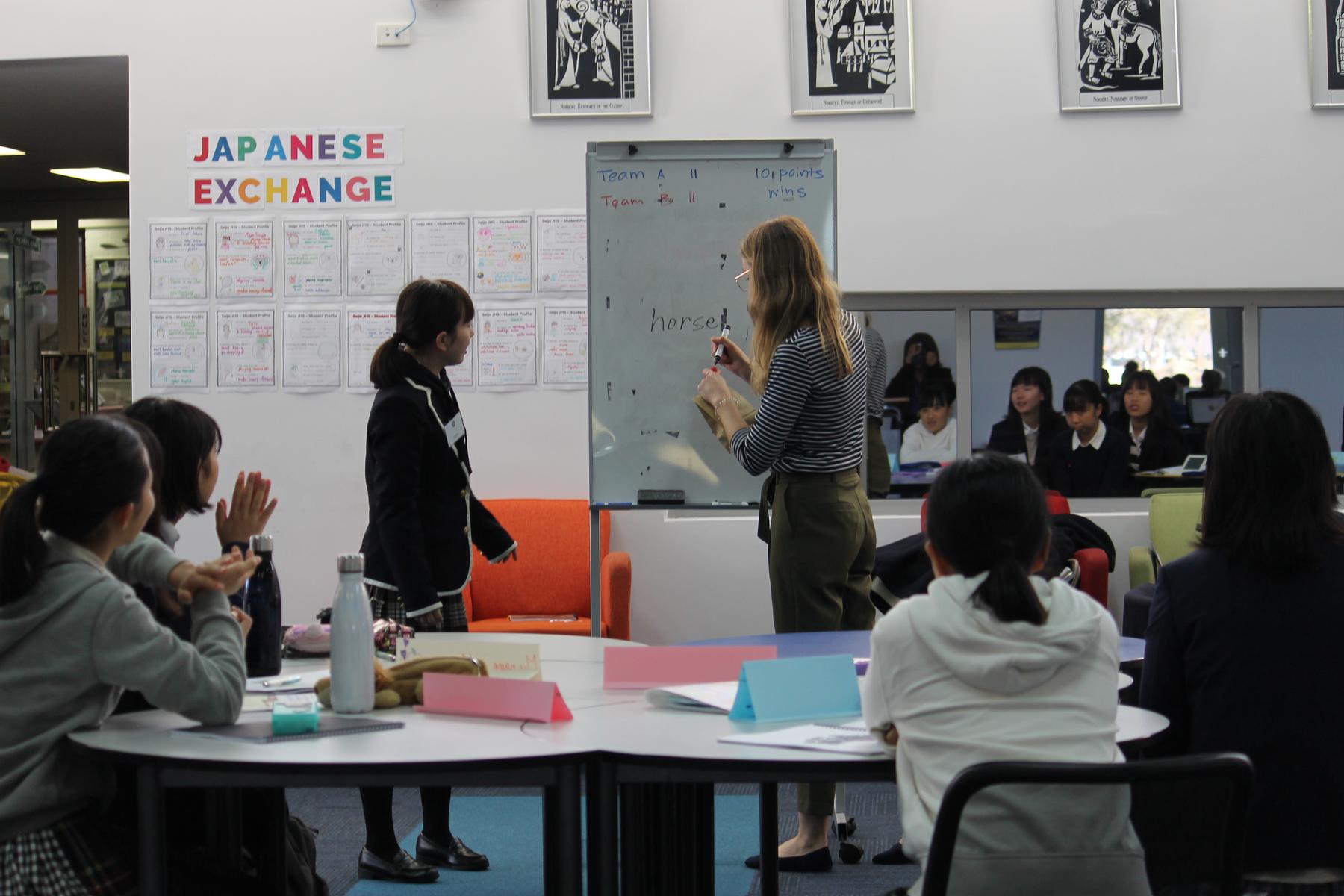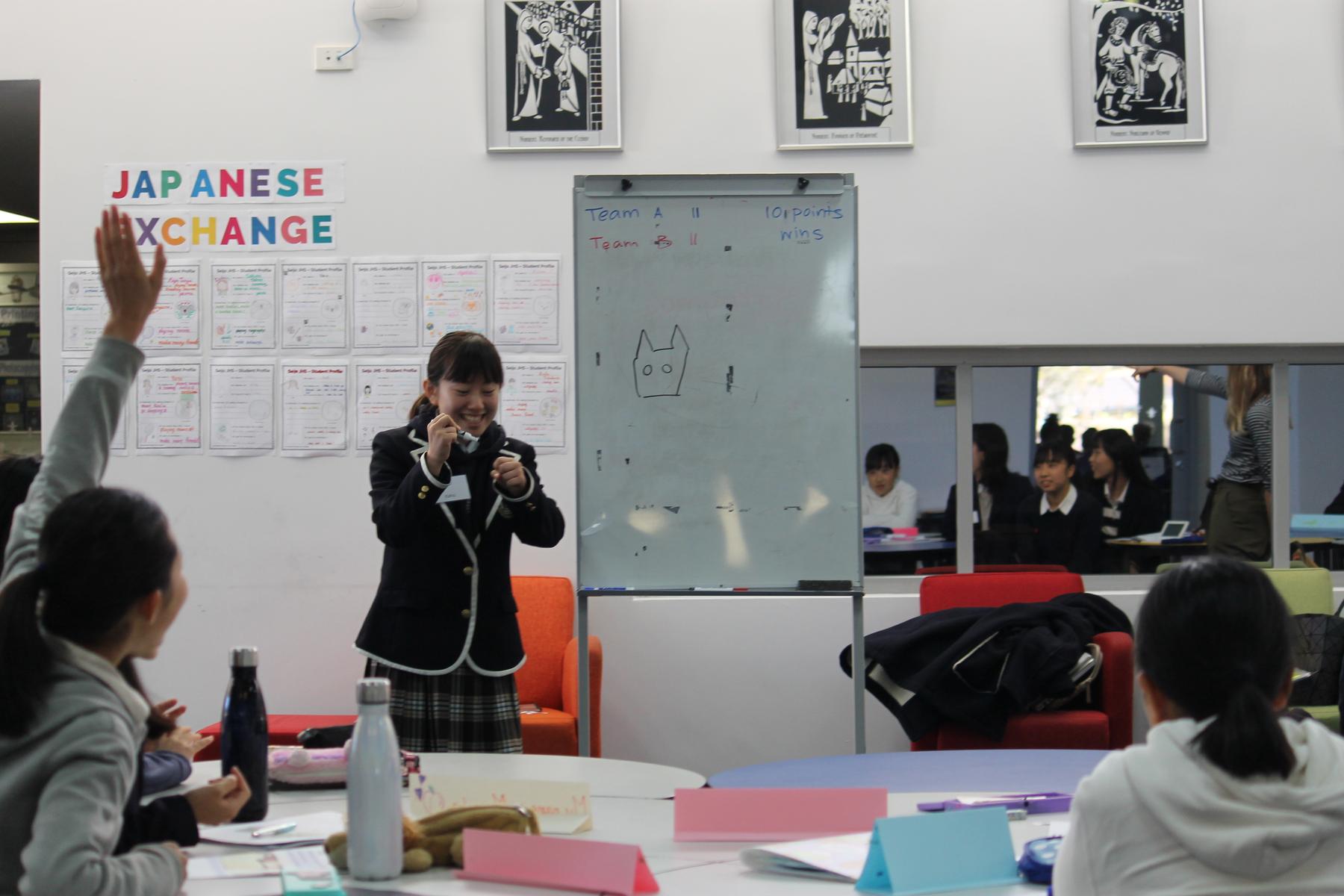Dean of Studies
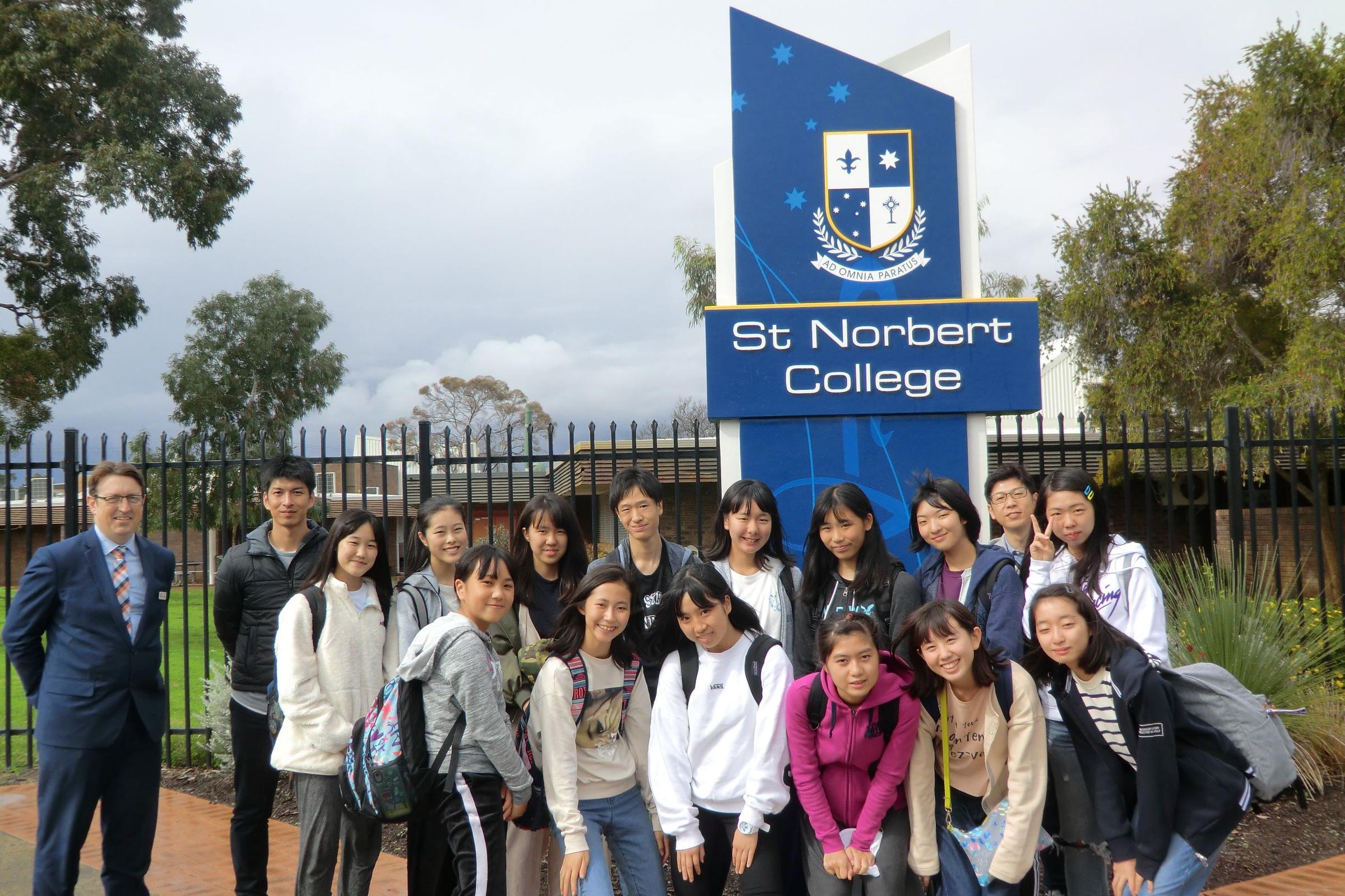
Late Bloomers
Consider the following: How many of us knew exactly what we wanted to be as an adult when we were in high school? How many of us feel that we have ''arrived'' and we no longer have to strive towards fulfilling our career or vocation goals? How often are the early achievers celebrated and affirmed in our world today?
A recent article* by Rich Karlgaard in The Wall Street Journal (Asia Edition; May 3) explores these questions. We can see the articles that celebrate the student that gains a scholarship to a well-regarded university, is leading a technology company at a younger than expected age or is listed in ‘Thirty Under Thirty’ lists of influential people. And while we can affirm these people for their drive and achievement, Karlgaard explains: “Precocious achievement is the exception, not the norm. The fact is, we mature and develop at different rates. All of us will have multiple cognitive peaks throughout our lives, and the talents and passions that we have to offer can emerge across a range of personal circumstances, not just in formal educational settings focused on a few narrow criteria of achievement. Late bloomers are everywhere once you know to look for them.”
The writer suggests a shifting of attention from an obsession with youthful success in order to reduce emotional burdens on families and anxiety and depression among teens and young adults. In short, early blooming is not a requirement for lifelong accomplishment and fulfillment. The evidence in research suggests that between the ages of 18 and 25, most people are still living in a ‘volatile post-adolescence’. In both adolescent and young adult brains, the prefrontal cortex—the processing centre of our frontal lobe—is the last part to fully develop, and it is responsible for complex functions such as planning and organising, problem solving, memory, attention and inhibition.
The term for the maturity of our brain used by psychologists is executive function, and has nothing to do with IQ, potential or talent. According to Karlgaard, it is simply the ability to see ahead and plan effectively, to connect actions to possible consequences, to see the probabilities of risk and reward. In another study in the Journal of Psychological Science in 2015, neuroscientists Laura Germine and Joshua Hartshorne measured the abilities of nearly 50,000 adult subjects of various ages on online cognitive tests. In their study, the speed of information processing appeared to peak early, around 18 or 19. Short-term memory continued to improve until around 25 and then levelled off for another decade. The ability to evaluate complex patterns, including other people’s emotional states, on the other hand, peaked much later, when participants were in their 40s or 50s. And whilst we may know of the young entrepreneurs and innovators, according to a study by Northwestern University, the average age of Nobel Prize winners in scientific research is 39.
For our students, many will discover their interests and opportunities to succeed through alternative paths, without the need for early achievement. Their wider range of interests, subjects and school activities will create a path towards discovery of their own internal motivations, develop their character, teach them how to interact with people in different settings and with different abilities.
They will understand and appreciate the learning that comes from failure or quitting as they trim and refine their goals and strengths. And so, whether their path is clearly laid out, or they are still discovering, we should encourage all students to seek assistance with their learning, be bold enough to try a new way of revision or study and most importantly understand that the partnership of adaptability and commitment can reap rewards for a fulfilled life beyond school. School is where we learn to try in order to improve.
Japanese Exchange Program
The College has again had the privilege of hosting the student (exchange) visitors from Seijo Junior High School as part of their English study and cultural program. The students have enjoyed the opportunity to attend classes at St Norbert College, conduct activities with St Joseph’s Primary, be hosted by families from our College, as well as excursions to Kings Park and cycling around the Swan River. Immersions and cultural exchanges provide learning opportunities for all students, as they gather insights into life (as a student) in other countries, as well as develop interest in learning languages and about other cultures. We thank Mr Anthony Godden for his efforts with the Seijo Exchange and Ms Alex Muir (Overseas Cultural Exchange Consultants)
WACE Checker
The time is fast approaching for Year 12 students to complete all course requirements and commence the final preparations for course completion and Graduation. The WACE Checker https://wacechecker.scsa.wa.edu.au is an important online tool that students can use to track and update their WACE Graduation status. For students in other years, this resource may be used to set goals for academic achievement in preparation for the senior years.
How do I achieve the WACE Graduation?
| Breadth & Depth |
| At least 20 units or the equivalent |
| At least 10 x Year 12 units or the equivalent |
| Four units from an English course*, post – Year 10, including at least one pair of Year 12 units from an English course |
| One pair of units from each of List A and List B |
| Achieved Standard Requirement |
| At least fourteen ‘C’ grades or higher (or the equivalent) in Year 11 and Year 12 units |
| At least six ‘C’ grades or higher (or the equivalent) in Year 12 units |
| At least four Year 12 ATAR courses or a Certificate II (or higher) VET qualification |
| Literacy and Numeracy (NAPLAN – Band 8 or higher; OLNA Category 3) |
| The minimum standard of Reading, Writing, Literacy and Numeracy |
*Complete a full year of English in Year 11 and Year 12 is the equivalent of FOUR units
OLNA (Round 2, 2019)
For students that are required to attend the OLNA, please note the days and times as follows:
Day / Date | Assessment | Time | Venue |
| Monday 2 September | Writing | 9.00-10.00am | BP Forum |
| Tuesday 3 September | Reading Writing (Catch-up) | 9.00 – 9.55am 9.55 -10.50am | BP Forum BP Forum |
| Monday 9 September | Numeracy Reading & Numeracy (Catch-up) | 9.00 - 9.55am 12.00pm - 12.55pm
| Business Centre BP Forum
|
Examination Timetable – Year 12 (Semester Two)
The Year Twelve (Semester Two) Examinations will commence in Week 10 and conclude in the second week of the Mid-semester break. All examinations will take place in Cappenburg (C1 – C3) unless otherwise specified.
DATE | 8:50am-12.00pm | 12:50pm-4.00pm |
Tuesday 24 September |
| Japanese – Second Language (Orals) |
Friday 27 September |
| English as an Additional Language or Dialect (Orals) |
Tuesday 1 October | English Literature English as an Additional Language or Dialect |
|
Wednesday 2 October | Economics | Psychology
|
Thursday 3 October | Religion & Life | Computer Science
|
Friday 4 October | Physics | Human Biology
|
Monday 7 October | Chemistry | Accounting & Finance Modern History |
Tuesday 8 October | Japanese – Second Language Mathematics Specialist Visual Arts | Design Health Studies |
Wednesday 9 October | Mathematics Applications Mathematics Methods |
|
If you are able to assist with exam supervision, please contact Mrs Tracey Burgoyne by email at tburgoyne@norbert.wa.edu.au.
Mr R Dowling (Dean of Studies)

